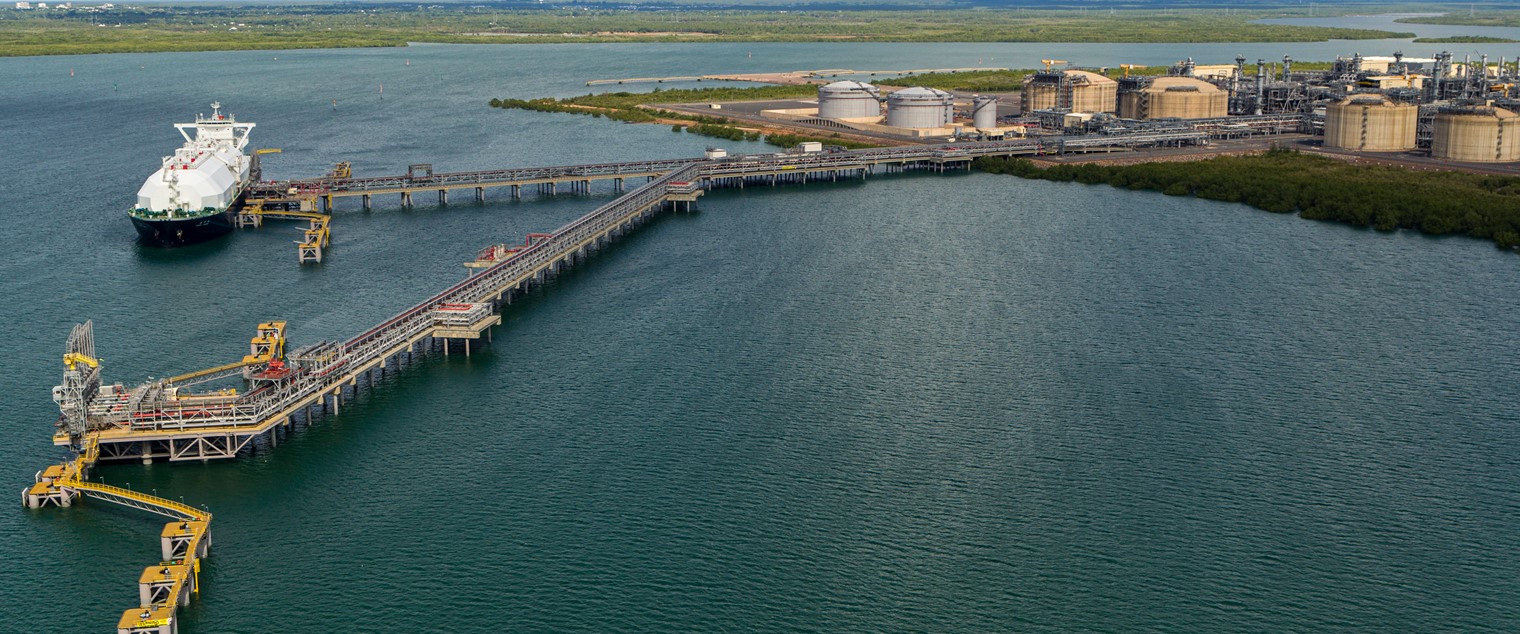Japan’s Inpex has shipped 96 LNG cargoes from its Ichthys export plant in Australia during the January-September period of this year, 16 cargoes more compared to the same period last year.
A spokesman for Inpex told LNG Prime on Thursday that the Ichthys project also sent 17 plant condensate cargoes, 22 offshore condensate cargoes, and 25 LPG cargoes during the first nine months of this year.
This compares to 80 LNG cargoes, 15 plant condensate cargoes, 20 offshore condensate cargoes, and 24 LPG cargoes during the January-September period in 2022.
The Ichthys LNG terminal shipped 65 LNG cargoes in the first half of this year. This means that the plant shipped 31 LNG cargoes in the third quarter of this year.
The spokesman said that Inpex has shipped 16 Ichthys LNG cargoes more in January-September this year “in part due to the shutdown maintenance we performed last year.”
“Also, we continue to work towards achieving a stable output of 9.3 mtpa,” the spokesman said.
The facility at Bladin Point near Darwin has two trains and a nameplate capacity of 8.9 mtpa but it is expected to reach a production of about 9.3 mtpa this year due to debottlenecking.
Earlier this year, the Japanese firm said that it plans to ship record 132 cargoes of LNG, or 11 per month, from the Ichthys plant in 2023.
Ichthys LNG is a joint venture between operator Inpex and major partner TotalEnergies.
Also, other partners include Australian units of CPC, Tokyo Gas, Osaka Gas, Kansai Electric Power, Jera, and Toho Gas.
Natural gas arrives to the LNG plant at Bladin Point from the giant Ichthys field offshore Western Australia via an 890 kilometers long export pipeline.
Inpex sent this year the 500th cargo of LNG from its Ichthys terminal since the start of operations in 2018.

